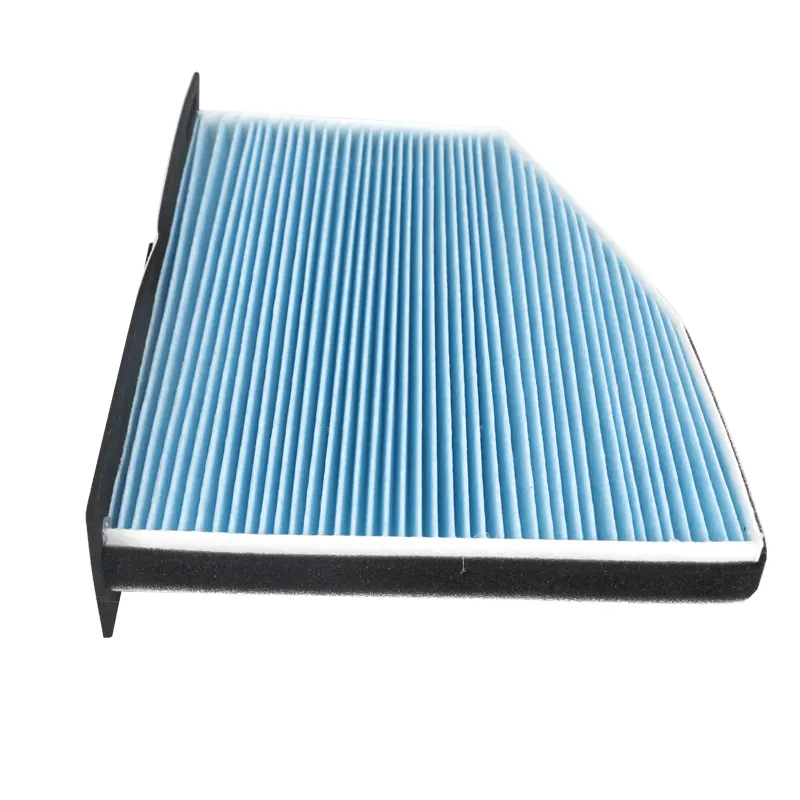اکتبر . 31, 2024 18:29 Back to list
Optimal Performance of VW Oil Filters for Enhanced Engine Longevity and Efficiency
The Importance of VW Oil Filters in Vehicle Maintenance
When it comes to maintaining the performance and longevity of your Volkswagen (VW), one of the most crucial components to pay attention to is the oil filter. The VW oil filter plays a vital role in the overall health of the engine, ensuring that it operates efficiently and effectively. In this article, we will explore the importance of oil filters, how they function, and why they should be regularly replaced.
What is an Oil Filter?
An oil filter is a device that removes contaminants from engine oil that can accumulate over time as the oil circulates through the engine. These contaminants can include dirt, metal shavings, and other debris that can cause wear and tear on engine components. The oil filter acts as a barrier, trapping these particles and ensuring that only clean oil circulates, thus maintaining optimal engine performance.
How Does a VW Oil Filter Work?
The VW oil filter operates by using a filtration medium that allows oil to pass through while capturing impurities. Typically, the oil pump circulates oil through the filter, and as it flows, larger particles are trapped in the filter element. This process enhances lubrication by ensuring that the oil is free from harmful debris, which could otherwise contribute to engine damage and reduced efficiency.
vw oil filter

In a VW, using the manufacturer-recommended oil filter is crucial. VW oil filters are specifically engineered to match the filtration needs of VW engines, ensuring maximum compatibility and performance. When using a quality OEM (Original Equipment Manufacturer) filter, you can be assured of its effectiveness and durability.
Why Regular Replacement is Essential
Over time, oil filters can become saturated with contaminants, making them less effective. A clogged oil filter can lead to several issues, including reduced oil flow and increased wear on engine parts. If the filter becomes too clogged, it can even cause a build-up of pressure within the oil system, leading to potential leaks or even engine failure.
For VW owners, adhering to the recommended oil change intervals and oil filter replacement schedule is critical. Typically, it is recommended to replace the oil filter every time you change the oil, which commonly occurs every 5,000 to 10,000 miles, depending on driving conditions and the specific model. This practice helps retain the integrity of the engine and ensures that it continues to run smoothly for years to come.
Conclusion
In conclusion, the VW oil filter is a small but critical component in the overall maintenance of your vehicle. By replacing it regularly and ensuring that you use a high-quality filter designed specifically for your VW, you can significantly enhance engine performance, efficiency, and lifespan. Investing a little time and effort into maintaining your oil filter can go a long way in protecting your investment and ensuring that your VW remains a reliable and enjoyable vehicle for years to come. Remember, prevention is always better than cure, and regular maintenance is the key to a healthy engine.
-
Car Air Filter Replacement Cost Guide How Much to Replace?
NewsMay.15,2025
-
Toyota Corolla Verso Cabin Filter OEM Quality & Affordable Replacement
NewsMay.15,2025
-
16.5x21x1 Air Filter - High Efficiency & Exact Fit Durable HVAC Filters
NewsMay.15,2025
-
How Long Does an Engine Air Filter Last? Lifespan & Replacement Guide
NewsMay.14,2025
-
Fuel Filter Heating Elements for Diesel & Heating Oil Tank Systems Durable Solutions
NewsMay.14,2025
-
Activated Carbon Filters Remove Pollutants, Improve Air & Water Quality
NewsMay.14,2025


